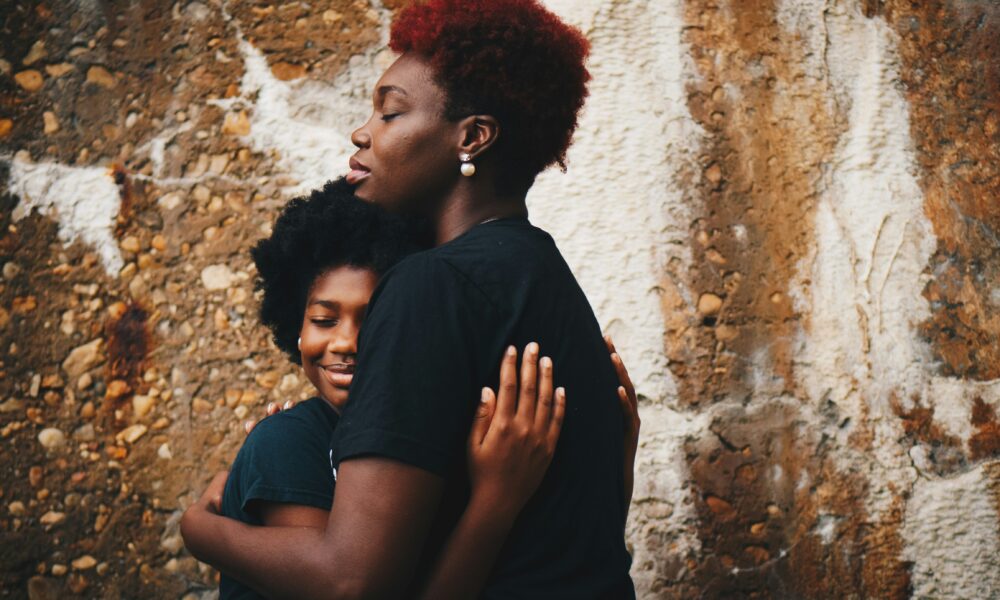On Feb. 21, McGill’s Equity, Diversity, Inclusion and Anti-Racism Standing Committee (EDIAR-SC) and the Department of Global and Public Health co-organized an engaging Black History Month event titled “Joy, Liberation, and Vitality in Black Maternal Health.”
This event was led by Ijeoma Nnodim Opara, a prominent Detroit-based physician and global public health expert. Recognized for her impactful work during the COVID-19 pandemic, she founded Opara Equity and Justice Labs and co-chairs the End Race-Based Medicine Taskforce.
Beyond her medical roles, Opara is a proud mother, dancer, and advocate for joy, justice, and liberation for Black communities worldwide.
Opara started the talk with a song titled “Peace Like a River.” This song belongs to a genre of music called African American spirituals, which enslaved African people created in North America between 1619 and 1860.
“African American spirituals contained our stories, our pain, oppression, suffering, grief, and trauma,” Opara said. “They also contained our resistance, protest, faith, hope, love, and joy.”
To exemplify the trauma and suffering Black women have undergone, Opara delved into the health disparities among pregnant Black women.
“It is no secret that the United States is a deadly place to be a pregnant women. Of all high-income countries, the United States has the worst statistics in maternal and infant health,” Opara said. “Black women are three to four times more likely to die from pregnancy-related complications than white women, regardless of income and education levels. In some states like New York, the numbers are up to 12 times.”
Black women are also disproportionately affected by maternal morbidity—unexpected outcomes of labour and delivery—such as high blood pressure and anxiety, which can result in significant short- or long-term consequences to their health and well-being.
“Black women are set to experience higher rates of severe maternal physical and mental morbidity due to inadequate prenatal and postpartum care,” Opara said.
Although Black women deserve to receive high-quality, culturally centered, and respectful care that meets their physical, emotional, and social needs, their health has long been compromised by systemic racism and implicit bias among healthcare professionals.
A large majority of Black women report having had negative experiences with health care providers. They are twice as likely as white women to report that a healthcare provider ignored them or refused a request for help in a reasonable amount of time. The mistreatment and disrespect Black women have persistently encountered, in turn, have fueled a deep mistrust of healthcare institutions and undermined their relationship with maternity care.
Subsequently, Opara moved on to talking about the reproductive justice movement, which is more expansive, intersectional, holistic, and less individualistic compared with the reproductive rights movement. This movement was created by a collective of Black women to posit reproductive justice as a human right that analyzes power systems, centres those who are the most marginalized, and addresses intersecting forms of oppression.
“This movement fights for the right to have a child, the right to not have a child, and the right to parent a child,” Opara said. “It also fights for the necessary enabling conditions to realize these rights.”
Due to Black women’s racist and traumatic experiences, Opara also emphasized spiritual nourishment, also known as Black joy, to fight against the negative stress.
“Black joy is how we love ourselves and each other. Our joy enables us to ground ourselves in the ever ongoing history, grapple with the challenging present, and access a future that celebrates our continued existence, thriving, and abundance,” Opara said. “Joy is an act of resistance. It is the choice we make every day.”
Black joy is a way of resting the body, mind, and spirit in response to devastating and life-altering experiences. It is believed to be one of the keys to Black maternal health and well-being.
To holistically improve Black maternal health, practicing Black joy must be present alongside policy changes to address the social factors impacting Black women’s health, particularly racism, income, access to health services, and education.








